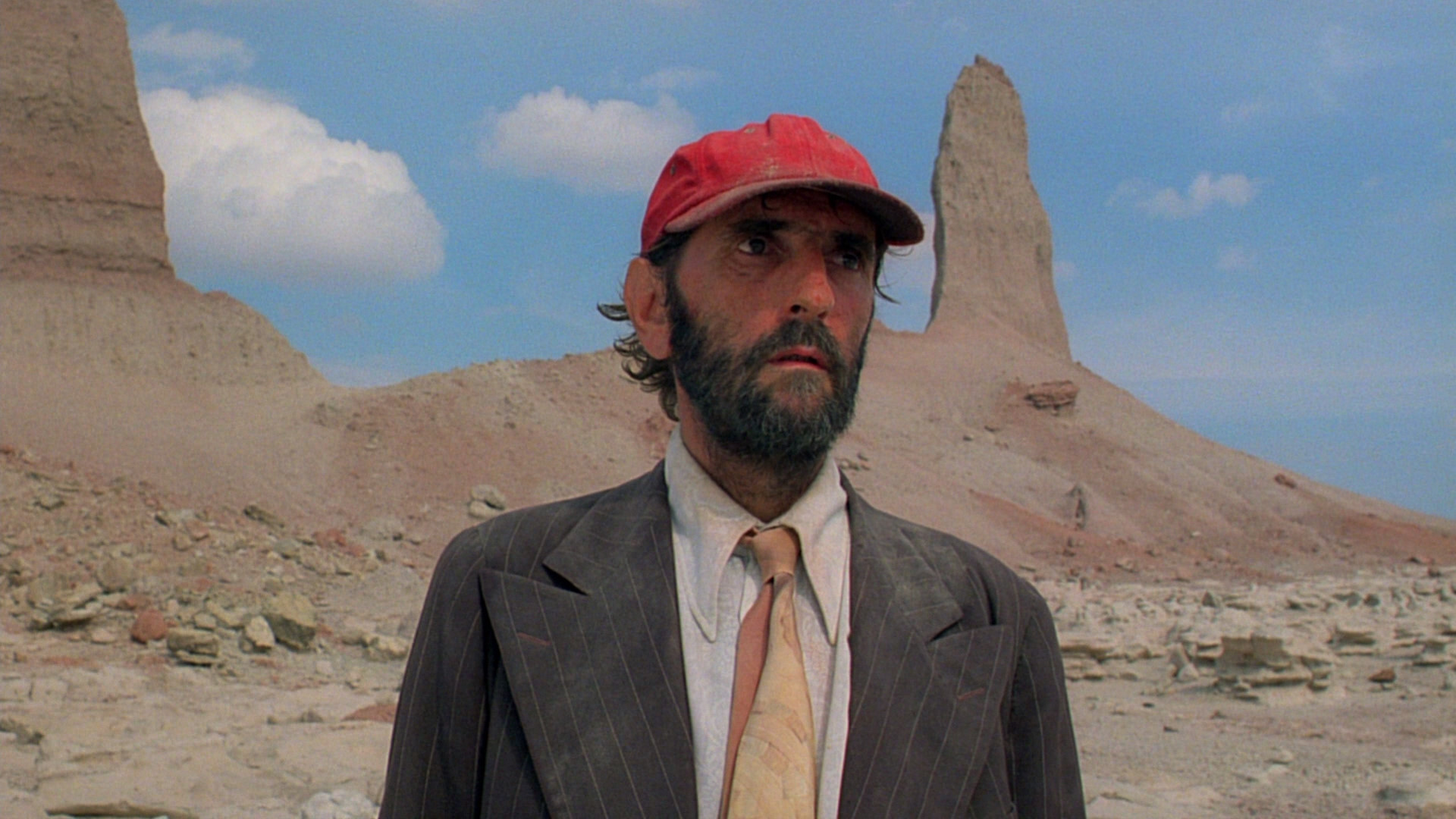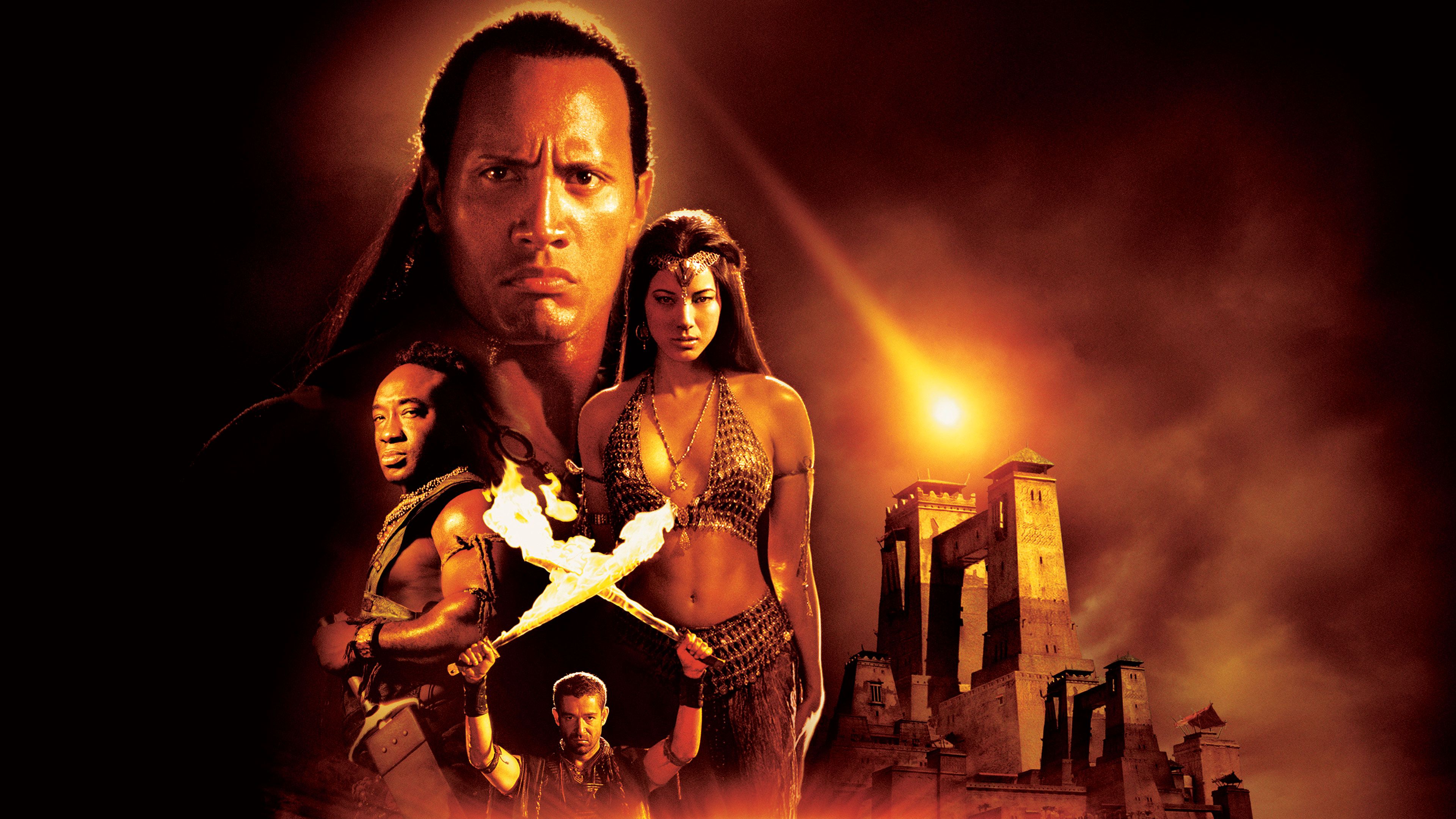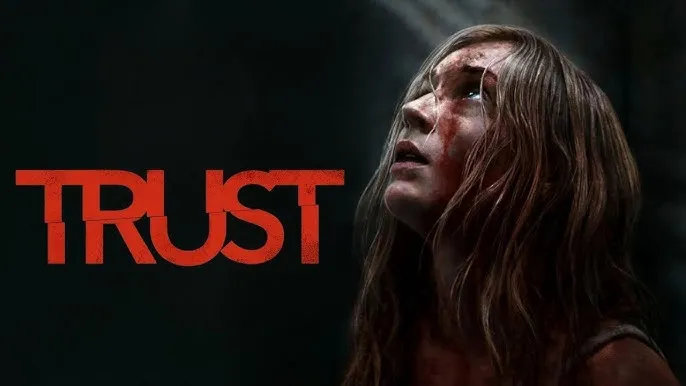is a haunting, poetic road drama directed by German filmmaker Wim Wenders and written by American playwright Sam Shepard. With cinematography by Robby Müller and a sparse, emotional score by Ry Cooder, the film is a deeply moving exploration of memory, loss, and reconciliation. Winner of the Palme d'Or at the Cannes Film Festival, Paris, Texas is considered one of the defining works of independent cinema in the 1980s.
The film opens with a man wandering alone in the vast, sun scorched desert of the American Southwest. This man is Travis Henderson, played by Harry Dean Stanton in a career defining role. He is disheveled, silent, and seems to have no memory of who he is or where he has been. After collapsing from dehydration, Travis is found and brought to a clinic, where his brother Walt is contacted to come pick him up. Walt (Dean Stockwell) has not seen Travis in four years, and has been raising Travis’s young son, Hunter, during his absence.
As Travis slowly begins to speak and piece together his memories, he reconnects with Hunter and begins a journey both literal and emotional. The two set out across Texas in search of Jane (Nastassja Kinski), Travis's estranged wife and Hunter’s mother. The film is as much about this physical journey as it is about emotional healing and the difficulty of facing the past.

Harry Dean Stanton delivers a quiet but deeply expressive performance, capturing Travis’s inner pain, guilt, and longing. His presence dominates the screen, even in silence. The relationship that develops between Travis and his son is tender and believable, growing from awkwardness to genuine trust. Dean Stockwell and Aurore Clément, as Walt and Anne, add emotional depth as the couple who stepped in during Travis’s disappearance, trying to hold a fractured family together.
The most emotionally powerful scene comes near the film’s end, when Travis finally finds Jane. She works at a peep show, separated from her past and struggling with her own pain. In a long, heartbreaking monologue, Travis speaks to Jane through a one way mirror, recounting their story and taking full responsibility for the collapse of their family. The moment is raw, deeply human, and one of the most unforgettable scenes in cinema.

Visually, the film is stunning. Robby Müller’s cinematography captures the vast emptiness of the American landscape, contrasting neon lit motels with wide open skies. The desolate beauty of the scenery reflects the emotional isolation of the characters. Ry Cooder’s slide guitar score, minimal and mournful, enhances the film’s meditative atmosphere.
Paris, Texas is not a conventional drama. It is slow paced and contemplative, focused on characters more than plot. Yet it resonates with emotional truth and artistic sincerity. The film explores how people lose and find themselves, how love can be damaged by silence, and how redemption may still be possible, even after great personal failure.
In conclusion, Paris, Texas is a masterpiece of visual storytelling and emotional depth. It is a film about broken people seeking connection in a world that often feels too vast and indifferent. Subtle, heartbreaking, and deeply human, it continues to leave a lasting impression on all who experience it.



